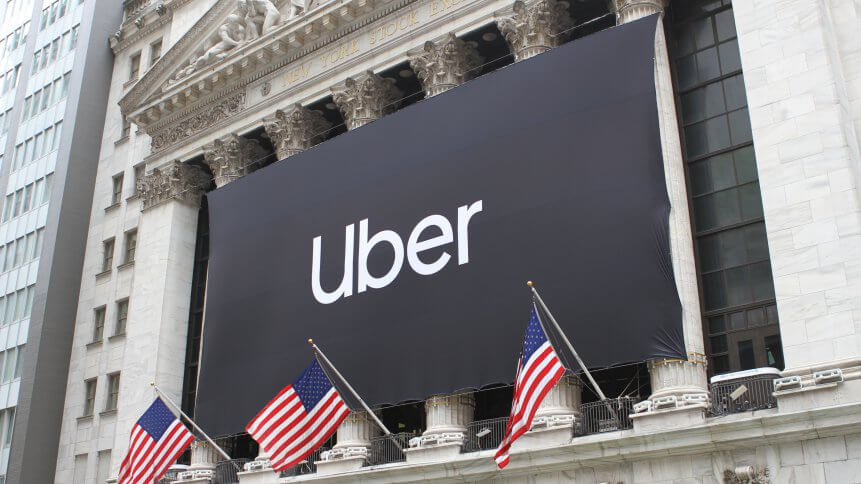New bill threatens the US gig economy

A landmark bill passed by California lawmakers threatens to upturn the hiring model underpinning the ‘gig economy’.
Assembly Bill 5 (AB5), which would go into effect January 1, 2020, would require contractors of companies such as Uber and Lyft to be reclassified as employees, gaining additional rights, such as holiday and sick pay.
While Uber has played down any potential impact— stating it believes it meets the law’s requirements— it also said such requirements would hamper the “flexibility” of its service.
The firm argues that it would not fall under the legal framework of the bill, maintaining its workers are “outside the usual course of Uber’s business”; the company claims that this is “serving as a technology platform for several different types of digital marketplaces”.
‘Real changes’ to the gig economy
“Uber is no stranger to legal battles, that’s for sure,” said Tony West, Uber’s Chief Legal Officer. “We operate in a very regulated environment, and we recognize that there will be legal challenges on all fronts much of the time.”
West added that there would “real changes” in how drivers interact with the platform and that, based on what drivers tell them, the changes “would not be welcome”.
YOU MIGHT LIKE

The rise of ‘dark kitchens’ in the food industry
California Governor, Gavin Newsom, endorsed the bill in an opinion piece for the Sacramento Bee, stating that companies like Uber were abusing employment law.
“Workers lose basic protections like the minimum wage, paid sick days and health insurance benefits,” he said.
“Employers shirk responsibility to safety net programs like workers’ compensation and unemployment insurance. Taxpayers are left to foot the bill.”
Meanwhile, Steve Smith of California’s Labor Federation said the law would address the “critical issue” of “misclassification”.
“The trend towards cheating workers out of basic protections has been accelerating in recent years.
“We think this is significant for us here in California, but its national significance cannot be understated,” said Smith.
Indeed, the precedent set in California will likely pave the way for other states to follow suit, many of which are already pushing for similar legislation themselves.
In California alone, it’s estimated the bill will change the employment status of more than 1 million workers reflecting the rise of the gig economy, and the considerable workforce chunk it comprises.
Despite the conviction that it won’t qualify for the ruling, Uber— along with rival Lyft, and Doordash— claims to have invested US$60 million in campaigning for alternative measures to be introduced.









